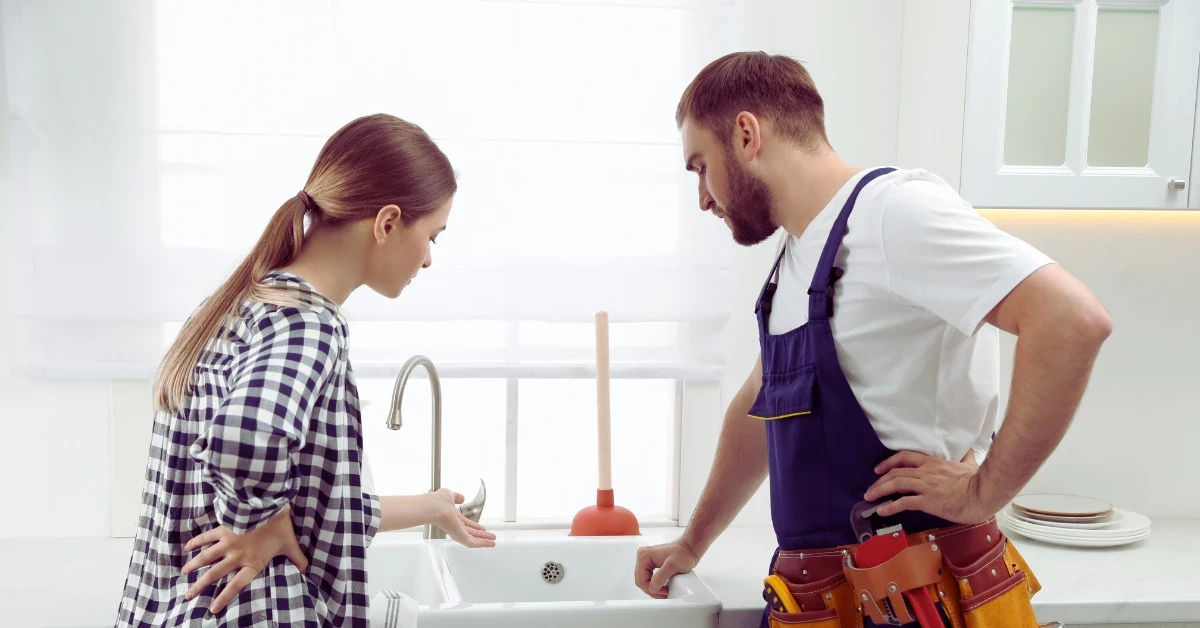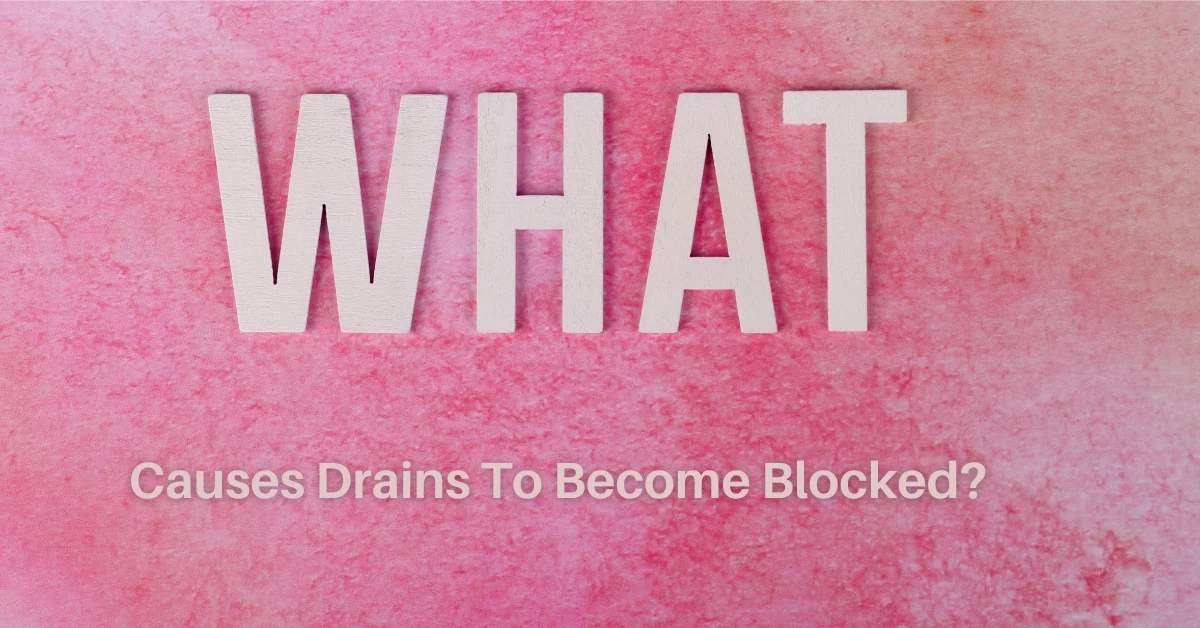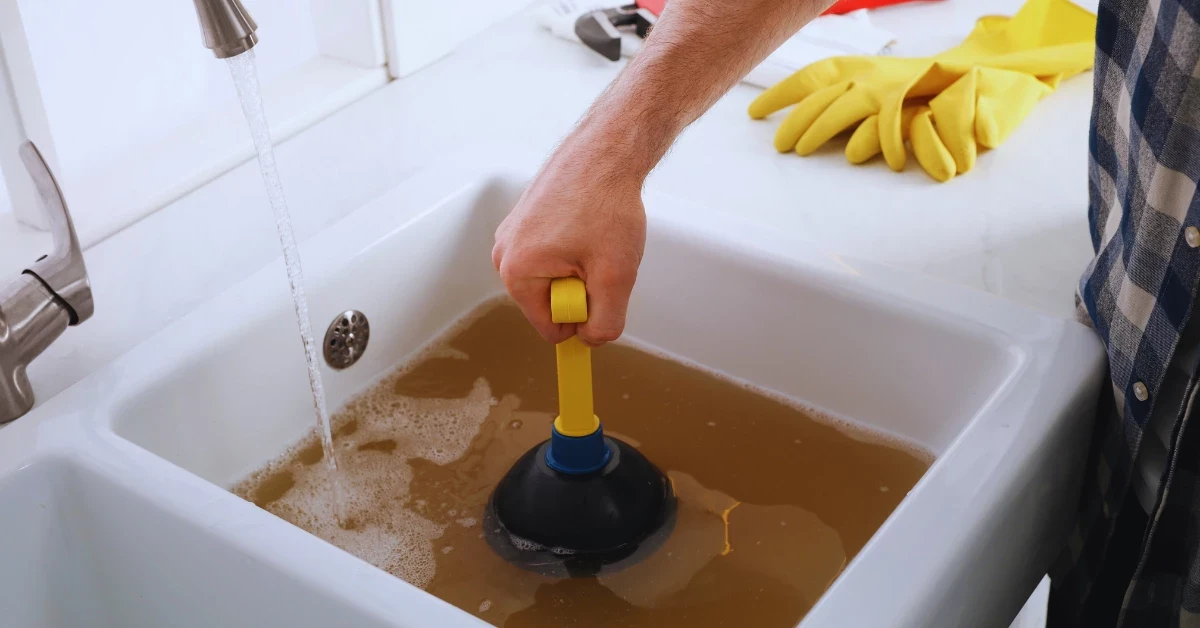Who is Responsible for Blocked Drains Tenant Or Landlord?
Blocked drains can be the responsibility of either the tenant or the landlord depending on the situation. When a rental property has blocked drains, questions as to who is responsible will almost always arise.
While the answer can vary depending on the source of the blockage, it is generally true that either the tenant or the landlord will be responsible for fixing the problem.
Typically, a tenant may be responsible if the blockage is caused by something they disposed of down the drain, while a landlord may be responsible if the blockage was caused by structural issues or neglect.
Understanding who is responsible for blocked drains can help prevent disputes and inform tenants and landlords about their rights regarding the maintenance and repair of rental properties.

Understanding Blocked Drains: Causes And Prevention Measures
Blocked drains can be an unpleasant and frustrating problem for both tenants and landlords.
However, understanding the causes of blocked drains and taking appropriate prevention measures can help to reduce the risk of this happening.
Let’s take a closer look at the key factors behind blocked drains and what can be done to prevent them.
What Causes Drains To Become Blocked?
Blocked drains can occur for many reasons. Some of the most common causes include:

- The build-up of grease and fat in the pipes from cooking and cleaning activities.
- The accumulation of hair and soap scum in the bathroom and shower drains.
- Flushing inappropriate materials down the toilet, such as wet wipes, sanitary items, and excessive amounts of toilet paper.
- Tree roots grow into the pipes and cause blockages.
Importance Of Regular Maintenance And Cleaning Of Drains
Keeping drains clear and well-maintained is essential for preventing blockages. Here are some of the benefits of regular drain maintenance:
- Reduced risk of blockages and unpleasant odours.
- Improved drainage performance and water flow.
- Increased lifespan of drain pipes and reduced need for costly repairs.
- Enhanced hygiene and cleanliness in the property.
How To Prevent Blocked Drains
Prevention is always better than cure, so here are some tips to help prevent blocked drains:

- Avoid pouring grease or oils down the sink – use a container to collect and dispose of it in the bin.
- Use a hair catcher in the shower to trap hair and prevent it from entering the drain;
- Only flush human waste and toilet paper down the toilet – dispose of all other items in the bin.
- Consider professional drain cleaning services to remove any build-up of debris or blockages.
Tenant Vs. Landlord Responsibilities For Blocked Drains
Blocked drains are a common issue in many rental properties, causing inconvenience and discomfort for tenants.
However, the question arises – who is responsible for dealing with blocked drains, the tenant or the landlord?
Let’s delve into the responsibilities of both parties and their legal obligations towards blocked drains.
Responsibilities Of Landlords In Maintaining The Condition Of Their Property
As a landlord, maintaining the condition of your rental property is your topmost responsibility. The following are your duties related to drainage:
- Ensuring the drainage system of the property is functioning correctly before a tenant moves in.
- Keeping the drainage system maintained, cleaned and repaired if necessary, during the tenancy.
- Promptly dealing with any repairs related to the drainage system, if reported by tenants.
- Timely inspection of the property for any blocked or damaged drains and ensuring immediate action is taken.
Responsibilities Of Tenants In Maintaining A Clean And Safe Living Environment
As a tenant, maintaining a clean and safe living environment is pivotal. Here are some responsibilities related to drainage that fall under your domain:
- Properly disposing of waste, toiletries, and other materials that could block the drains.
- Promptly reporting any blockages or drainage issues to the landlord or property managers.
- Regularly maintaining the property by cleaning and ensuring that there is no accumulation of debris and garbage around the drains.
- Using the drainage system correctly by not pouring substances like grease, oils, or heavy chemicals into the pipes.
Legal Obligations Of Landlords And Tenants When It Comes To Blocked Drains
Both parties are under legal obligations to fulfil their responsibilities towards drainage maintenance. These include:
- The landlord must provide and maintain the rental property in a fit and habitable condition, including the drainage system.
- The tenant must use the property in a reasonable manner and maintain the property to avoid blockages and potential damage to the property.
- Each party is responsible for fulfilling their obligations in a timely and effective manner to ensure a safe living environment.
Frequently Asked Questions For Who Is Responsible For Blocked Drains Tenant Or Landlord
Who Is Responsible For Blocked Drains In A Rental Property?
Both the landlord and tenant may share responsibility depending on the cause of the blockage.
What Should Tenants Do About Blocked Drains?
Tenants should immediately inform their landlord or property manager to arrange necessary repairs.
Can Landlords Charge Tenants For Unblocking Drains?
Landlords are responsible for ensuring the property is habitable and cannot charge tenants for repairs.
How Can Landlords Prevent Blocked Drains In Their Rental Properties?
Landlords can prevent blocked drains by performing regular inspections, providing educational materials to tenants, and ensuring proper waste disposal.
Conclusion
Tangled in the draining drama? Remember, as a tenant, you handle minor blockages, but when systemic issues surface, your landlord steps in.
Keep your pipes pristine and understand your rights to avoid unnecessary disputes. You’re not alone in this plumbing predicament.
References
https://www.attorneygeneral.gov/wp-content/uploads/2022/06/OAG-Consumer-Guide-Tenant-Landlord-Rights-v.13-web-version.pdf
https://www.courts.ca.gov/documents/California-Tenants-Guide.pdf